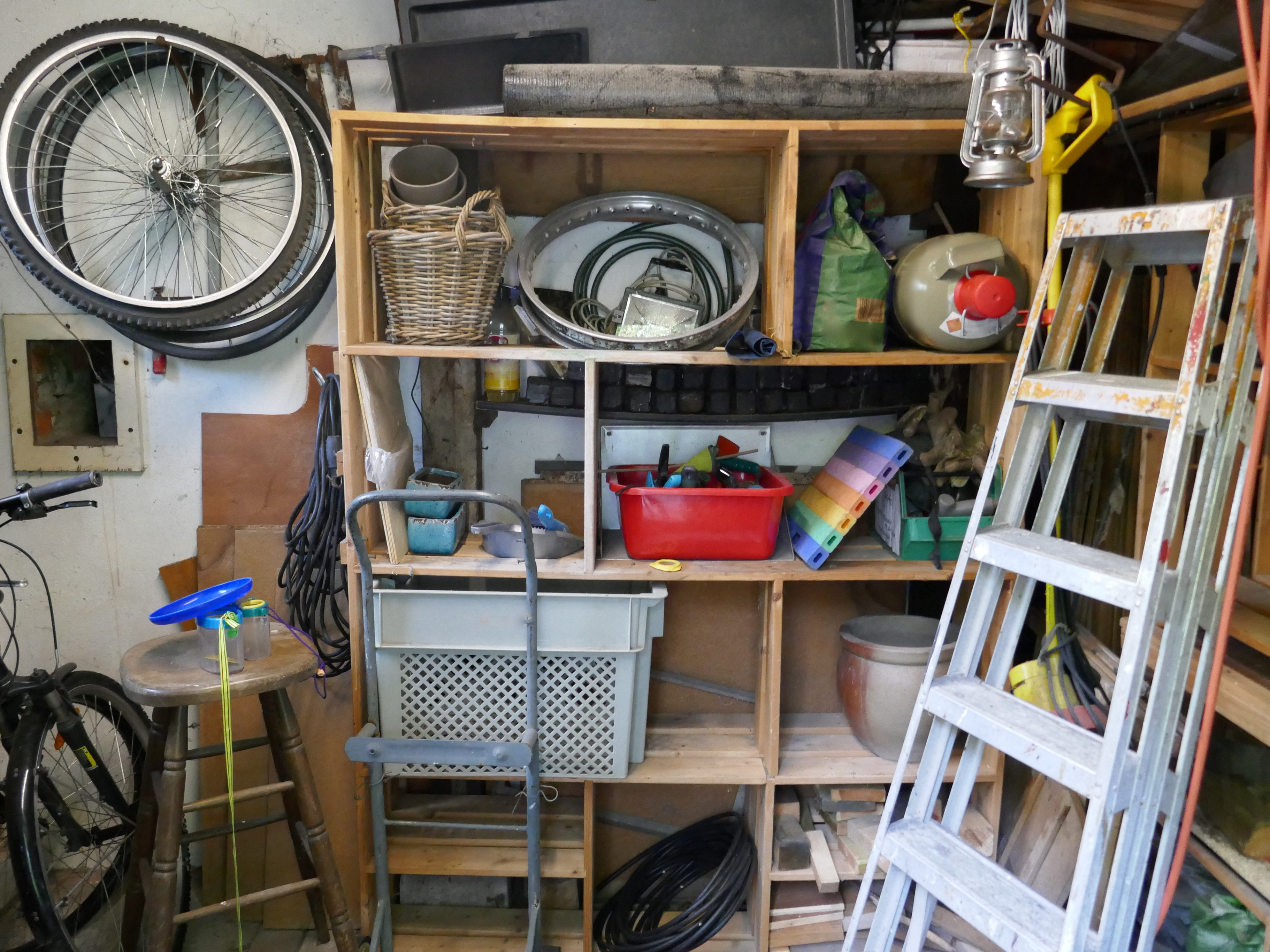Blame it on Marie Kondo, baby boomers’ fondness for collectibles, or just add it to the long list of things “killed by Millenials,” but the truth is, you don’t really want or need your parents’ stuff. Unfortunately, a parent who has spent a lifetime collecting and caring for treasured possessions may feel personally rejected when her adult children aren’t interested in them. It can be a flash point in the relationship.
Still, it’s important to talk with your parents about downsizing. Imagine trying to sort, categorize, and dispose of an entire household during a family crisis!
Expect resistance. 87% of adults aged 65+ want to “age in place,” meaning they want to stay in their homes and community as they age. From their viewpoint, if they never plan to move, then there’s no reason to downsize! “It’ll all be yours someday, dear.” While you may love visiting your family, that doesn’t mean you want to recreate it with the original furnishings. You now have your own home, own possessions, and probably not a lot of extra room.

Here are three strategies to help avoid power struggles and turn downsizing into a positive experience for your family.
1. “Tell Me a Story”

Family stories are more priceless than family stuff.
Any large collection always starts with a single item that is important to the collector. Ask your parents how their collections got started or why exactly they treasure the most mundane items. You may learn some interesting family history. Perhaps your father began collecting military swords after his grandfather carried one as a naval officer in WWI and wore it when he met President Wilson.
Your parents will love to tell the stories behind their collections and sentimental items. Use your video camera to record the discussion. That’s a family keepsake that future generations will treasure!
Storytelling also helps you and your parents prioritize the items. For example, explain to your father that, while his display of 63 antique swords is impressive, the one that really matters is the “family” sword. “It would mean a lot to me to have great-grandfather’s sword someday and let other people treasure these other swords.”
That method validates your parent’s feelings and shows that family and family history matters to you.
2. Help Your Parents Help Others

Most people don’t have many museum-quality items in their homes, but you can usually find someone who would love to take your donated items and use them for a good cause. Be creative:
- Vintage clothing: Local high school or amateur theater troupes are always looking for costumes and props. Your parents can attend performances and see their items reused or reimagined.
- Books: Most public libraries accept donations of books and either include them in their collections or have regular book sales. It’s a way for a book lover to help spread the love of reading.
- Household items: Help families get a new start by donating household items like dishes, pots and pans, small appliances, etc. Many domestic violence shelters and groups that help homeless people transition into housing accept donations to help their clients.
It’s easier to let go of treasured possessions if you know they’re going to a “good home.”
3. Utilize Online Marketplaces & Selling Apps

People who have spent a lot of money on to acquire things often aren’t prepared to let them go for free. However, trying to get a value on items, advertise them, then pack and ship just seems overwhelming. It’s easier to just keep it and let it be someone else’s problem later.
The problem is, that “someone else” is probably you.
When selling online, many people think of eBay first, and it is a great place to research pricing and demand. However, the mandatory fees, packing and shipping, and other requirements can quickly become a burden.
Fortunately, there are better options, including:
- Facebook Marketplace: Facebook opened its “Marketplace” in 2016 as a way for people to buy and sell items within their local communities. Listings are organized by categories and can include up to 10 photos. Interested buyers contact the seller via Facebook Messenger. Facebook doesn’t collect any fees from individual users and there are no shipping charges because buyer and seller complete the transaction in person.
- Other Facebook Buy/Sell Groups: Just about every town has an “Online Yard Sale” Facebook group. The rules for participation differ: you may have to live in a certain ZIP code, for example, but they operate much like Marketplace. You may have better luck selling unusual collectibles on one of Facebook’s “collector” group pages – like the “Antique Bicycle Exchange” or the “Sperry Cast Iron Collectors.”
- Craigslist: This was the first real online marketplace, and it’s still quite popular. However, it’s also completely anonymous. Unwary users have been the victims of some infamous scams and crimes. Unfortunately, older people are often more susceptible to scam artists, so be very careful.
- com: This smartphone app allows users to buy and sell locally. It utilizes user verification, user ratings, and in-app chat for additional safety. There are no required buyer or seller fees, but users can pay a fee to promote their items to get more visibility.
People are often shocked at how little their treasured furniture and keepsakes are work on the open market. Remind them of how much value and enjoyment they got from that coffee table or recliner. If they can sell it to someone who will also get enjoyment out of the item, that’s a win/win.
Be Respectful
As our parents age, it’s easy to fall into a role-reversal relationship where we become the caregiver, take charge, and make the decisions. Consider how demeaning that can feel to a senior who spent decades living independently and isn’t about to willingly turn over control.
No matter what items your parents are hanging on to, never use the word “junk” to refer to it. That loaded term immediately sets up a power struggle. Don’t rush your parents; letting go takes time, and that’s why it’s important to start the conversation now.
We thought you might also like:
How Self-Driving Cars Could Improve Seniors’ Quality Of Life















